20 Apr 2011 | Asia and Pacific, China
Ten years in the making and with a price tag of US$400m, the freshly-opened National Museum of China on the eastern edge of Tiananmen Square may be the world’s biggest museum. Unarguably grand architecturally, its permanent exhibition on China’s modern history –– tagged “The Road to Rejuvenation” — is predictably propagandistic, full of self-aggrandisement and angry xenophobia, and, worst of all it is terribly dreary.
A lesson to us all, that Chinese censorship’s worst crime may now be its lack of creativity.
There are few hands-on exhibits, the only noteworthy one being an interior mock-up of the Qinghai-Tibet railway, where you can sit in the driver’s seat and watch videos of Tibetan antelope leap for joy on the plateau. The driver’s knobs, unfortunately, don’t work. The rest of the exhibits are made up of photos and small eclectic collection of objects such as Deng Xiaoping’s cowboy hat and a small steel ox ornament to commemorate the opening of the Shanghai Baoshan Iron and Steel Plant.
Needless to say, the mistakes of the Party are ignored. Whilst The Great Leap Forward gets one photo, three are lavished on the Cultural Revolution (see below). Much is made about China’s first space orbit, its first atomic weapons test and its recently concluded Olympic Games (although I had expected more of an emphasis on the latter).
I skipped the 5,000 years of glorious history and the evils of the Opium Wars, and jumped right into the birth of the Chinese Communist Party –– “an earth-shattering event!”
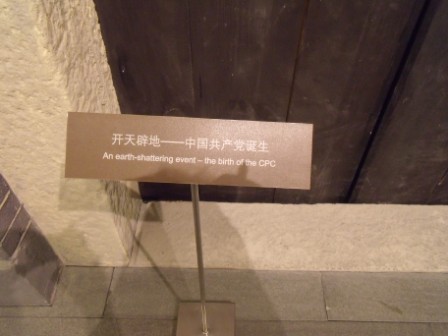
Here’s the man who started it all.
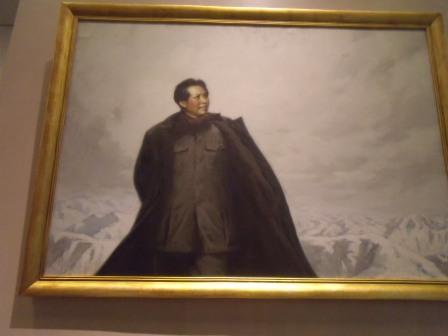
There’s a lot about Mao but not very much about the Great Leap Forward and the Cultural Revolution, two tragic movements under his leadership.
Here’s the sole photo on the Great Leap Forward, launched in 1958. According to the caption, the natural rules of economics were “overlooked.”
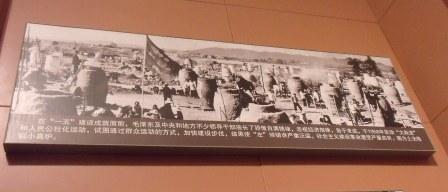
And here’s what the museum has to say about the 10-year Cultural Revolution. The two bottom photos are both about the Gang of Four, the group which was headed by Mao’s wife and conveniently blamed for the decade of chaos.
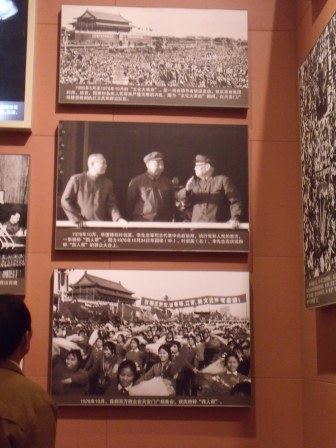
China’s first astronaut, Yang Liwei, gets a lot more space (sic). Here’s his diary.
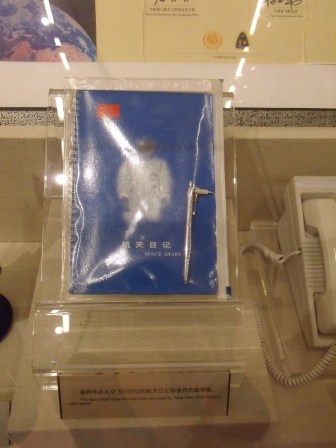
And here he is suited up.
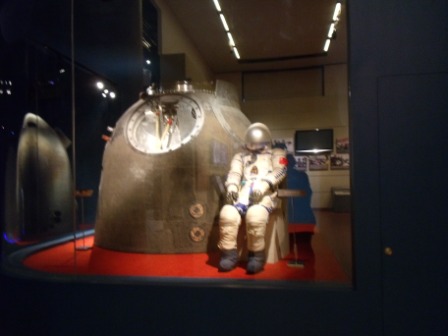
A bit of light relief: First Deng’s cowboy hat.
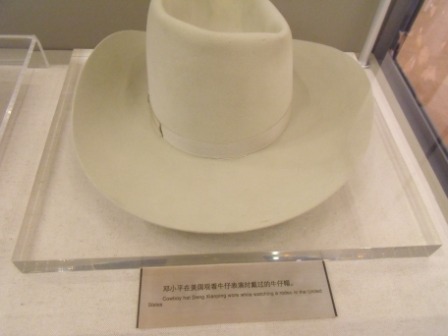
And now the pig.
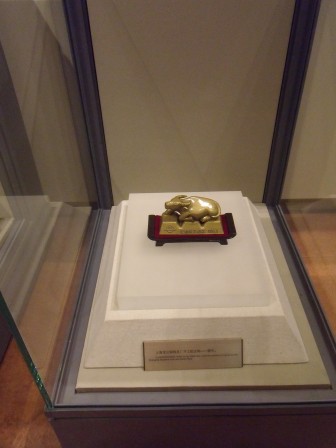
And let’s not forget the happy ethnic minorities. Here are some very happy Tibetans voting.
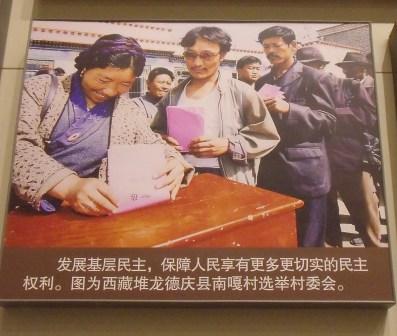
20 Apr 2011 | Index Index, minipost, News and features
NMT Medical, the US company which pursued cardiologist Peter Wilmshurst in the London libel courts for almost four years, has announced that it is ceasing operations and selling off its assets. (more…)
20 Apr 2011 | Uncategorized
The reporting of phone hacking victims tends to concentrate on celebrities such as Sienna Miller, Steve Coogan and Paul Gascoigne, which is inevitable in 2011 but which also serves the interests of the News of the World in a way that we should probably be concerned about.
Whether we like it or not, (again, this being 2011) if the public perceives this as a problem affecting the rich and famous they will feel less sympathy and outrage than they would otherwise, and that is surely what Rupert Murdoch’s paper must want as it seeks to buy its way out of trouble.
So it is worth remembering that already most of the victims we know of are not rich and famous by any definition, and that as the numbers continue to rise (it was once a handful, then it was 12, then 24, then 91 and now way beyond that the proportion of famous and/or rich people among them is certain to shrink to the point where it is a modest fraction.
Most of the known or suspected victims are family members, friends and colleagues of the newspaper’s principal targets — the collateral damage, if you like, of the newspaper’s bombing. They will include people such as Sienna Miller’s mother, Lesley Ash’s children, Jude Law’s personal assistant, colleagues of PR man Max Clifford, a legal adviser to Gordon Taylor of the Professional Footballers’ Association.
These are blameless members of the public whose right to privacy no responsible person would dispute, and yet they have grounds to believe that employees of a national newspaper have listened to voicemails they have received or left. And remember, the listening was inevitably indiscriminate — the eavesdroppers heard the personal with the trivial, the businesslike with the intimate. And it may have gone on for a year and a half.
One case in preparation, according to a legal source, involves a woman who was assistant to a famous personality. Because of damaging stories about that personality which appeared in the News of the World, she will allege, she was fired — her employer was convinced that only she could have been responsible. She had a nervous breakdown and struggled to find other work. Now she has grounds to believe the source was her hacked voicemails. She is not rich and not a celebrity.
Besides the collateral damage there is another non-celebrity category: the politicians. It may be fashionable to dislike them (and again, the News of the World is happy if you do), but they too are entitled to privacy. Just as important, though, are the anti-democratic character of what has been done, and the national security implications. The supposedly secure personal communications of democratically elected representatives have been illegally intercepted by an important private corporation with no conceivable public interest justification. Not just one but a least several and perhaps dozens of MPs; not just wacky backbenchers but the Cabinet minister in charge of media affairs and the deputy leader of the LibDems, not to mention, it seems likely, the Chancellor of the Exchequer and the Deputy Prime Minister too. And these are not, by and large, rich people, nor necessarily that well known.
And there is a third category, still small and possibly never to be fully revealed, represented by a young woman who aroused the interest of the News of the World because she told police she was raped by a professional footballer. On that basis, she has grounds to believe, her private communications were illegally intercepted. She has no connection to fame, therefore, except as a victim of alleged crime. How many people like her are entitled to compensation, an apology and a day in court will be very difficult to establish.
So it is not “just” about celebrities — though it should also be said, first, that celebrities too have rights to privacy and, second, that we are indebted to Miller, Coogan, Chris Tarrant, Andy Gray and others for forcing the scandal into the open over the past year — and forcing News International into its confession.
Brian Cathcart teaches journalism at Kingston University London and Tweets at @BrianCathcart
20 Apr 2011 | News and features
As a new campaign targets anti-Semitism in football, Brian Glanville asks if getting Tottenham fans to ditch the self-referential “Yid Army” chant will solve anything
(more…)









